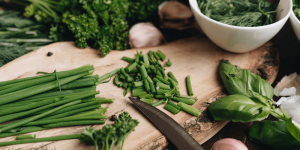Fresh is Best: Why You Should Eat In Season Produce
Thanks to our amazing, hardworking farmers, these days we can buy just about any fruit and veg wherever and whenever. If you think back to 100 years ago, people only ate certain fruits and vegetables when it was in season. Modernisation has meant we have lost touch with this idea. But we are here to remind you of 5 reasons why eating in season is best!
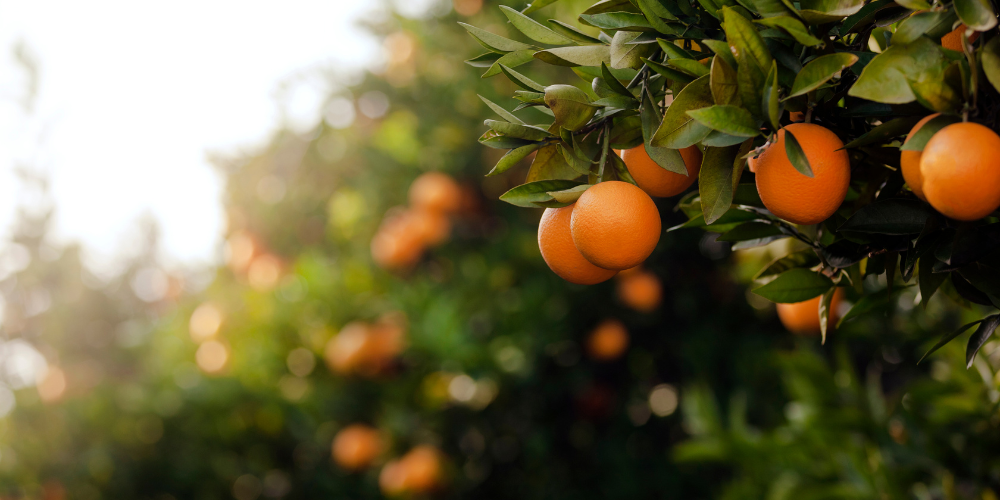
1. It’s Tastier and Fresher
Have you ever eaten a freshly picked Mulberry off a tree and noticed how sweet and juicy it tastes? Well, that is because in season produce like that is ripened naturally and picked at the perfect time. Seasonal produce is fresher and more flavoursome due to the optimal growing conditions of the time of year for that variety.
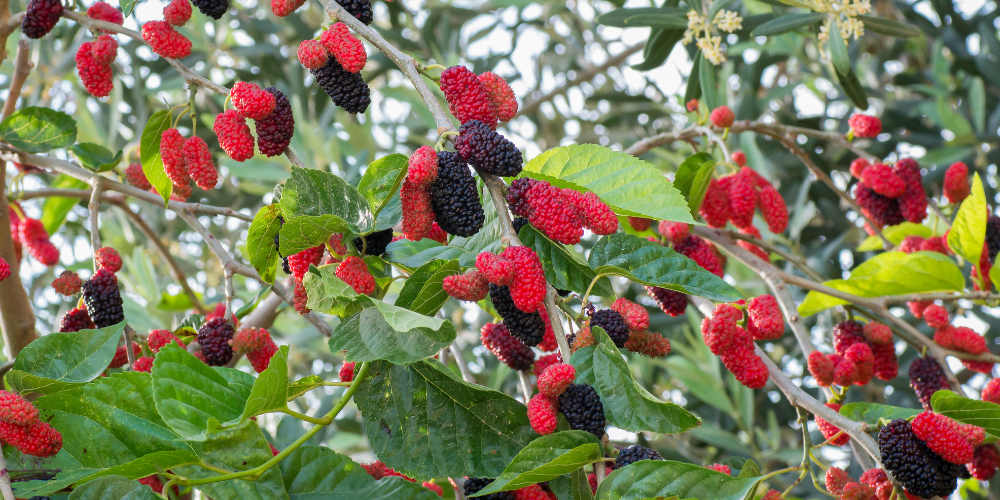
2. Your Body Will Thank You for It
When produce is grown out of its regular season, it is often modified unnaturally, reducing the number of nutrients in the fruit. A study published by the International Journal of Food Sciences and Nutrition in 2008 found that the value of Vitamin C in broccoli grown in season was almost twice as high as that produced out of season.
Eating with the seasons also means getting the proper nutrients for that time of the year. For example, many of us catch a cold in the winter months. Fortunately, nature provides beautiful citrus fruits high in Vitamin C, which we know is vital to help fight colds and the flu. Eating with the season also allows you to branch out and try different fruits and vegetables as an alternative.
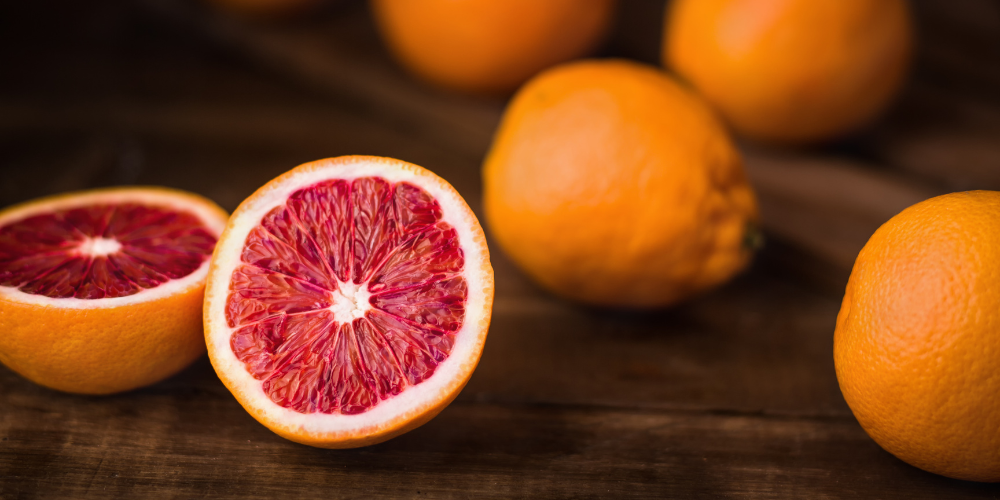
3. It Won’t Empty Your Wallet
If a fruit or vegetable is in season, farmers can harvest a large abundance, reducing the cost of the produce. Additionally, when in season produce is sourced locally, it minimises travelling and storage expenses.
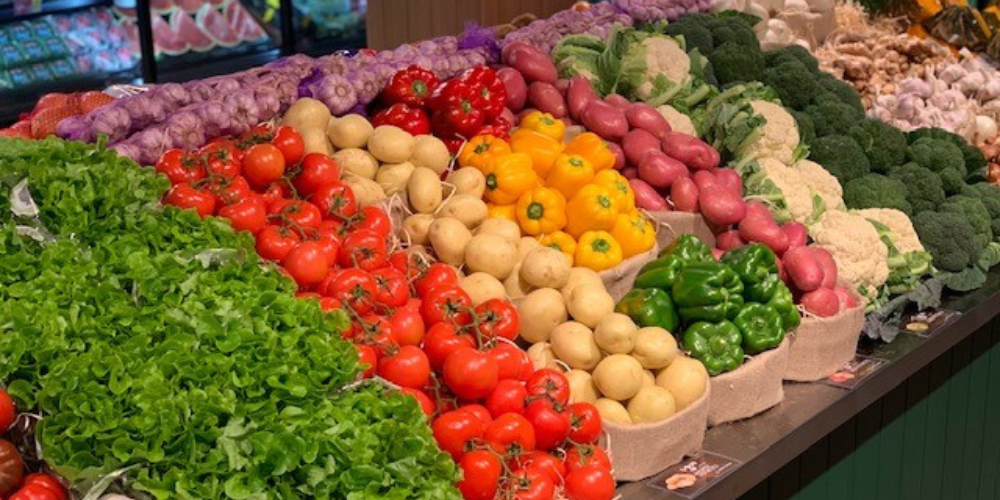
4. You Support More Aussie Growers
Buying your fruits and vegetables in their true Australian season means you are supporting our fantastic local growers. While most produce on our supermarket shelves is Australian grown, we still import many fruits and vegetables from overseas. Buying local helps strengthen communities and our local economy.
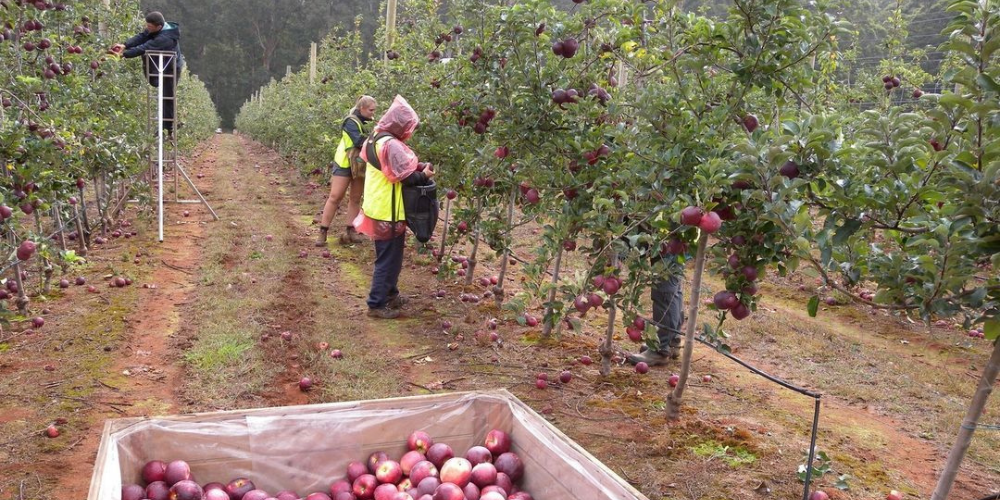
Photo credit: Bravo Apples
5. It’s Better for the Environment
Growing food outside of its natural season occurs when humans artificially mimic seasonal weather conditions. For example, recreating Summer heat to grow Winter crops might mean using fossil fuels (non-renewable energy) which negatively impact the environment.
When we eat produce that’s in season, it reduces the demand for out-of-season produce, which means less transportation, less refrigeration and less energy uptake. It also means less need for imported fruits and vegetables. Transporting products by air and sea also emits CO2 into the atmosphere, polluting the environment. Sea freight is responsible for 3% of global CO2 emissions (Transport & Environment, 2022), while air freight is accountable for 12% (ATAG, 2020).
Not to mention, sticking to Mother Nature’s seasonal growing routine creates sustainable eating patterns. Eating sustainably and eating seasonally go hand in hand. They both depend on natural resources and less on artificial sources to provide food.
So now you may be thinking, but how do I know which fruits and veggies are in season?
Click here to access a fantastic seasonal produce guide!
This guide is a great tool to refer to when speaking with customers to educate them on the benefits of eating local, in season produce.
Sources:
Dan Brennan (2021) What to Know About Seasonal Eating, https://www.webmd.com/diet/what-to-know-seasonal-eating
Kelly Bramble (2021) The Benefits of Seasonal Eating, https://campaustralia.com.au/blog/the-benefits-of-seasonal-eating
Sanitarium (2022) Eating seasonally- why it’s good for the planet, your wallet and your waistline https://www.sanitarium.com.au/health-nutrition/nutrition/eating-seasonally
Julie Goolsby (2019) 4 Reasons To Eat By The Seasons + What Is In Season Right Now https://www.mindbodygreen.com/0-4807/10-Reasons-To-Eat-Whats-In-Season.html
Transport & Environment (2022) Ships European Federation for Transport and Environment https://www.transportenvironment.org/challenges/ships/
ATAG (2020) Facts and Figures Air Transport Action Group https://www.atag.org/facts-figures.html#:~:text=Aviation%20is%20responsible%20for%2012,to%2074%25%20from%20road%20transport




